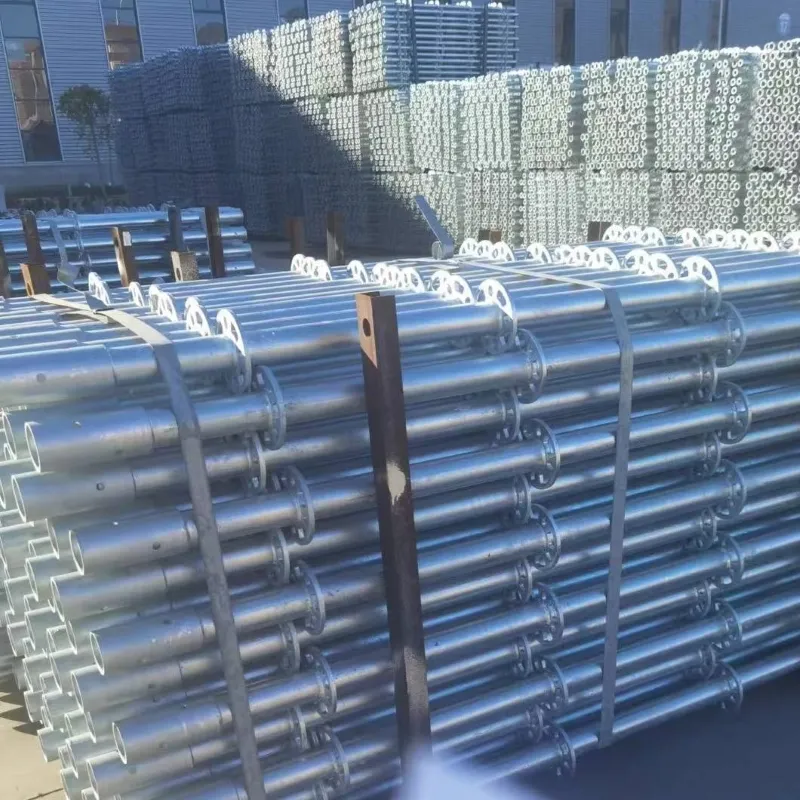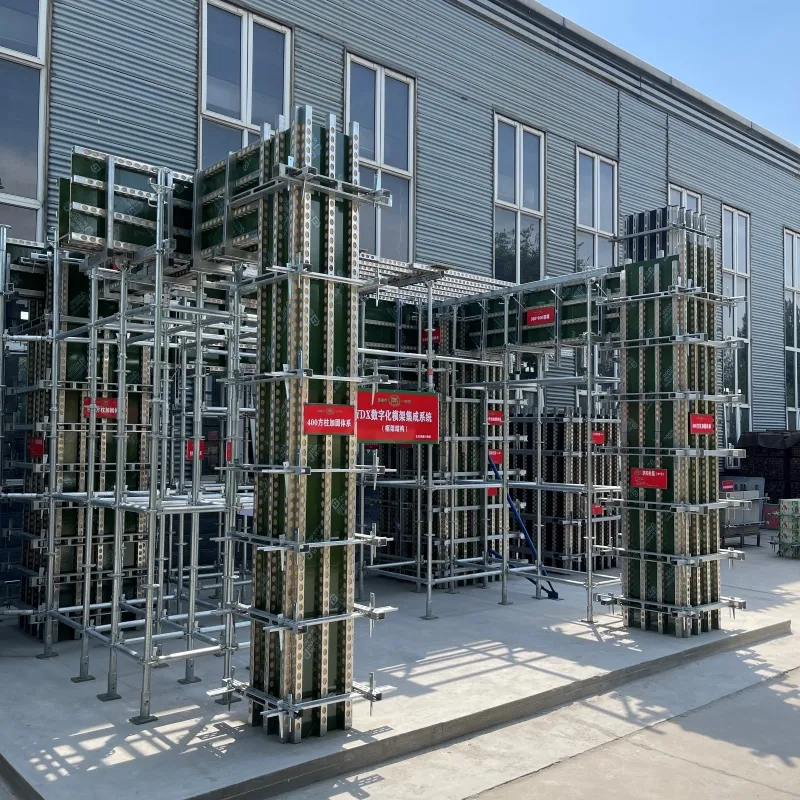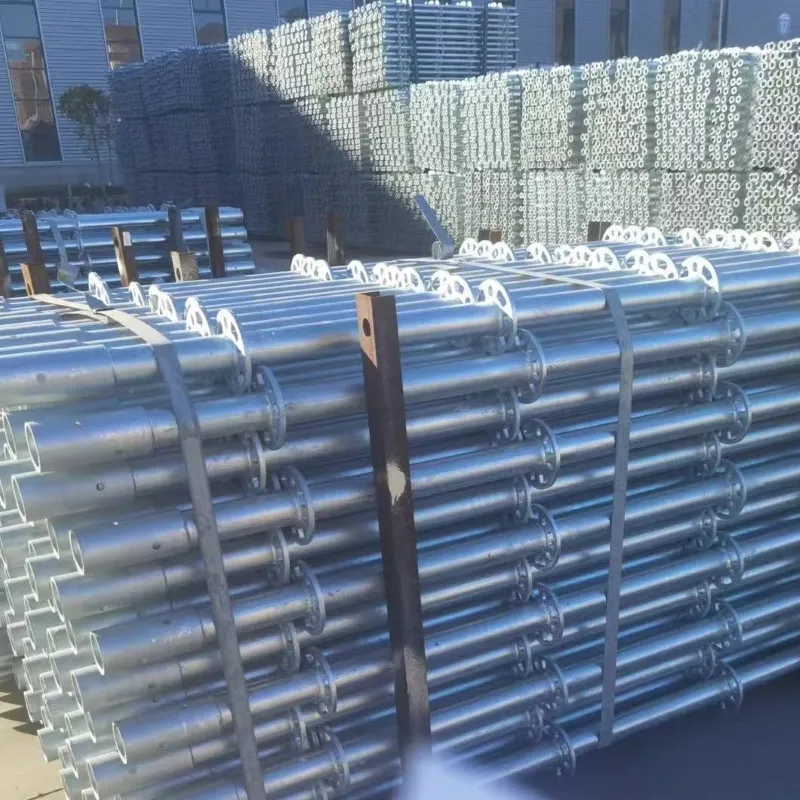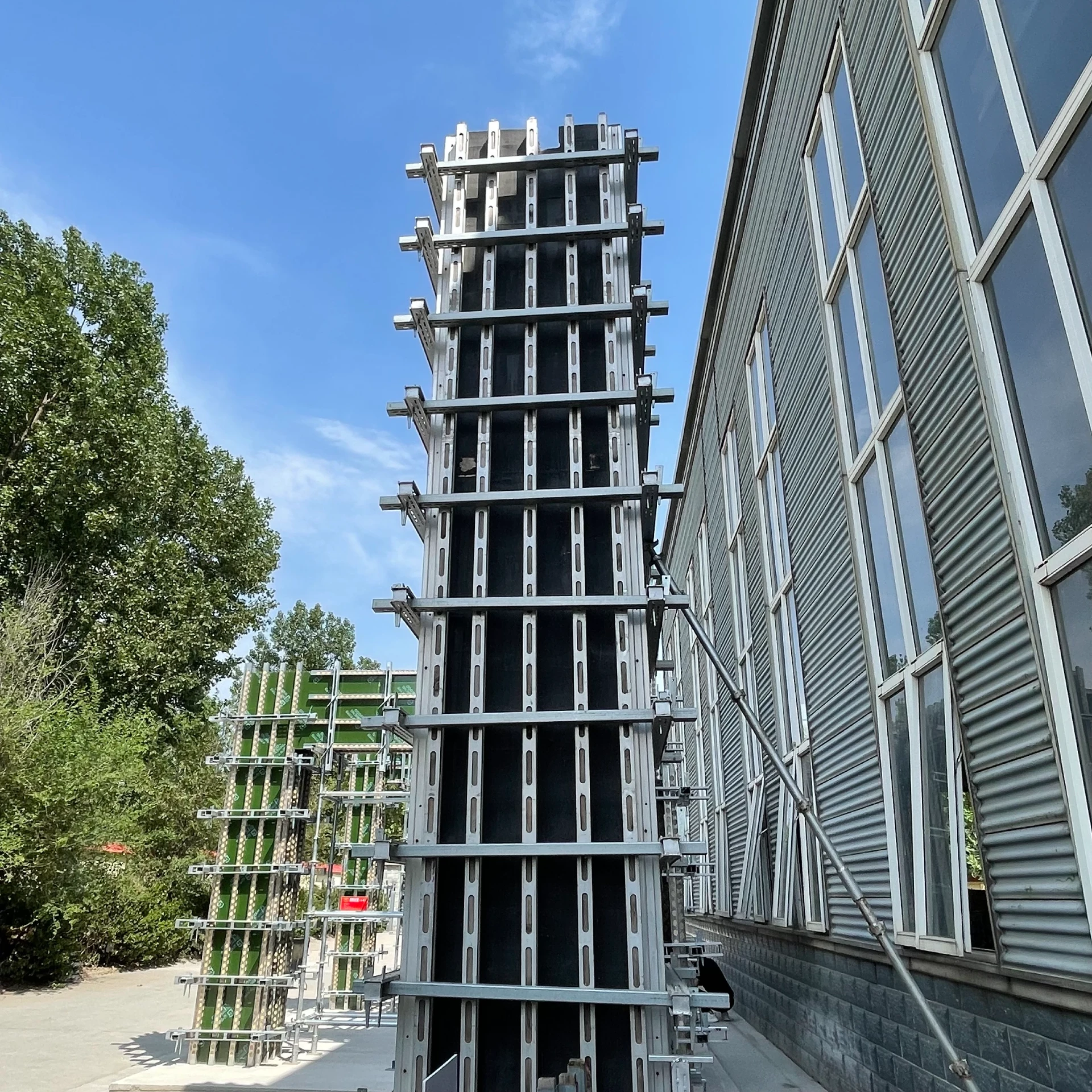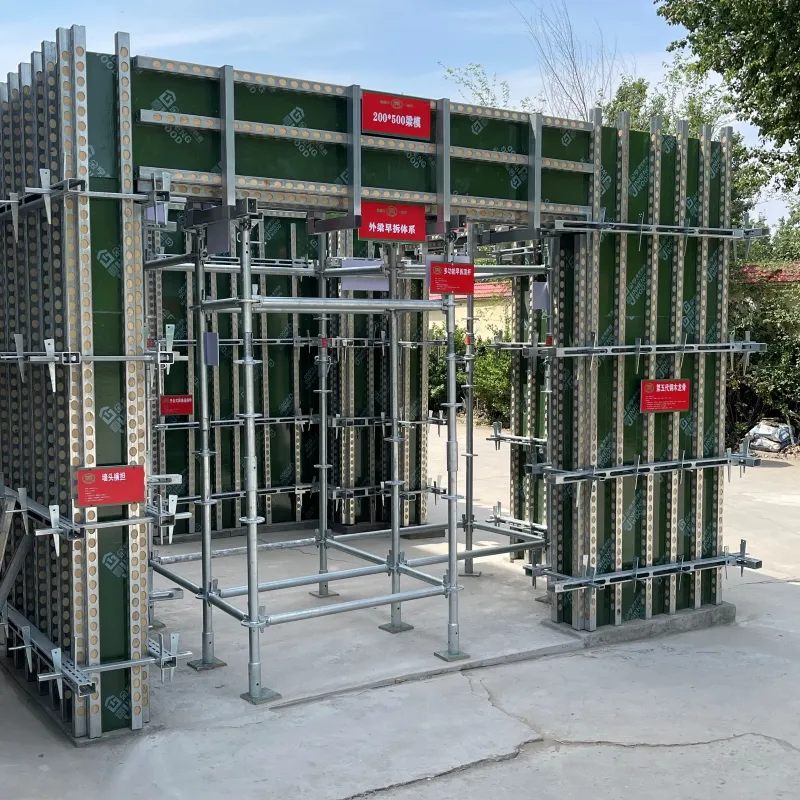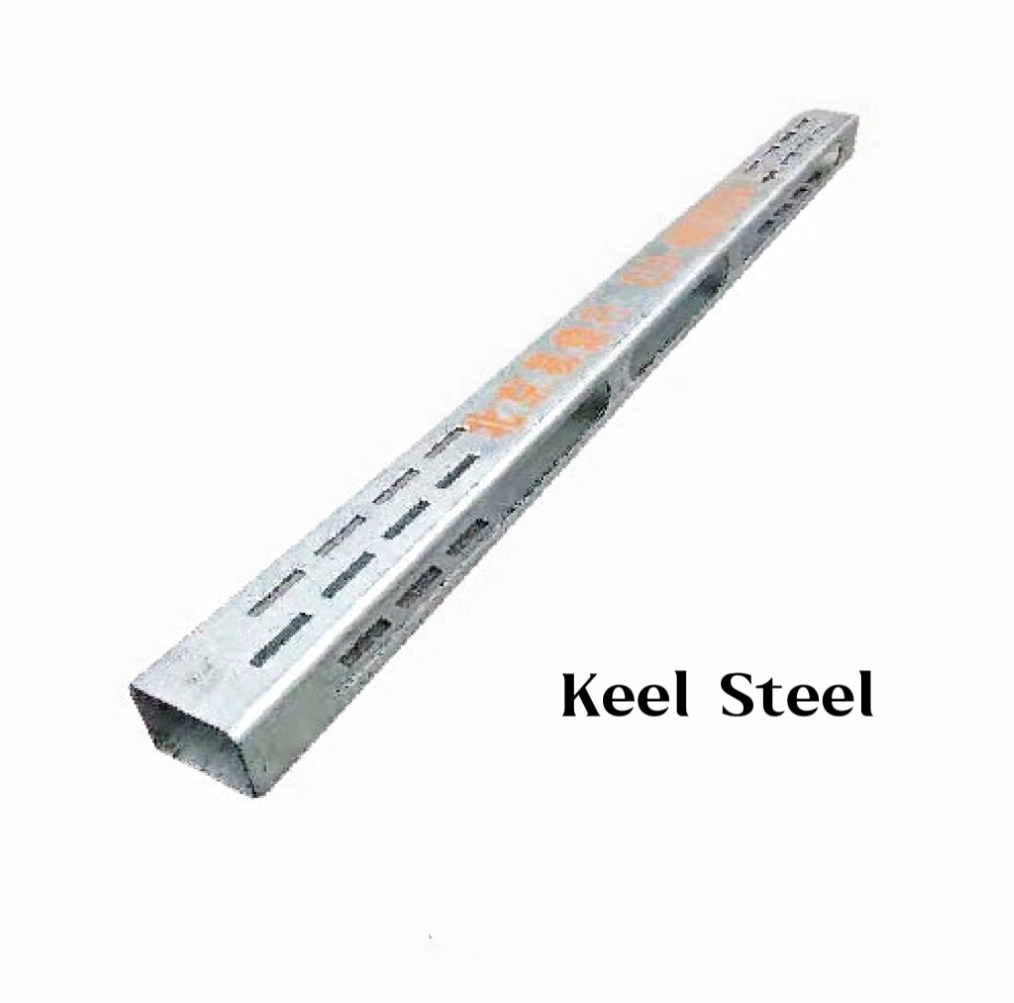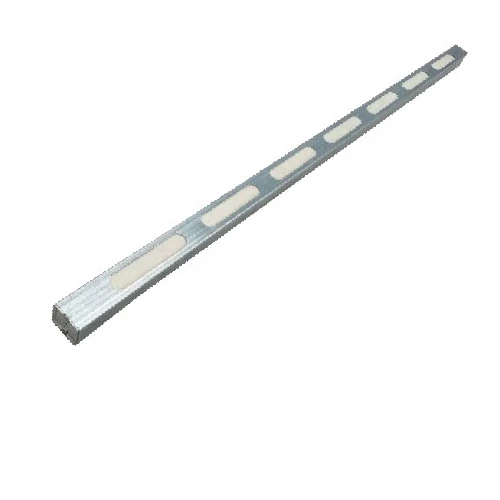
जनवरी . 21, 2025 02:40
Back to list
steel keel
Floating slab basement floors have become a cornerstone in modern construction, offering both structural integrity and cost-effectiveness. This type of flooring provides a unique blend of durability and adaptability, making it a preferred choice for contractors and homeowners alike. Delving into the specifics of floating slab basement floors reveals their myriad advantages and underscores their suitability for various applications.
Noteworthy is the floating slab's contribution to construction efficiency and cost-effectiveness. By eliminating the need for deep excavation and complex foundation systems, it streamlines the construction process, resulting in faster project completion times and reduced labor costs. This can be particularly advantageous for developers aiming to maximize return on investment without sacrificing quality or safety. The authority of the floating slab system is rooted in its widespread use across various construction projects and the positive testimonials from those who have chosen this approach. Case studies frequently cite reduced maintenance requirements and fewer instances of structural repair, offering substantial evidence of the system’s efficacy. Furthermore, the consistency in positive outcomes provides a strong endorsement for its adoption in new builds and renovations alike. In conclusion, floating slab basement floors represent a sophisticated solution that aligns with modern construction needs. Through a blend of expert design, execution, and a proven track record of performance, floating slabs provide peace of mind to builders and homeowners. As we continue to innovate in construction practices, the floating slab stands as a testament to the balance of engineering ingenuity and practical application, setting a high standard for basement flooring solutions.
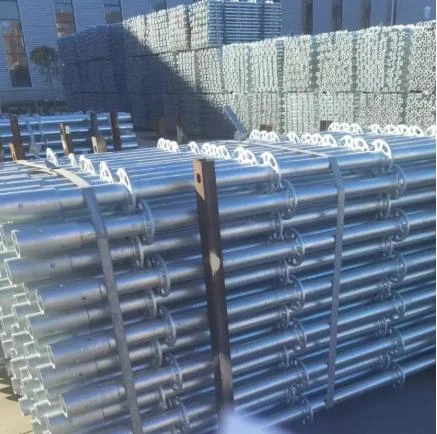
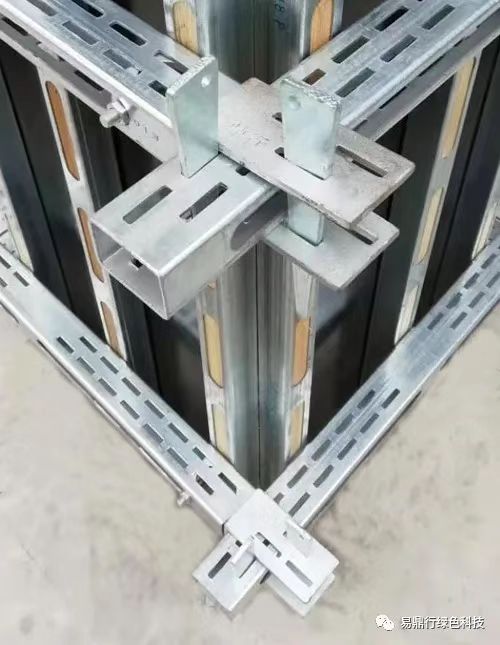
Noteworthy is the floating slab's contribution to construction efficiency and cost-effectiveness. By eliminating the need for deep excavation and complex foundation systems, it streamlines the construction process, resulting in faster project completion times and reduced labor costs. This can be particularly advantageous for developers aiming to maximize return on investment without sacrificing quality or safety. The authority of the floating slab system is rooted in its widespread use across various construction projects and the positive testimonials from those who have chosen this approach. Case studies frequently cite reduced maintenance requirements and fewer instances of structural repair, offering substantial evidence of the system’s efficacy. Furthermore, the consistency in positive outcomes provides a strong endorsement for its adoption in new builds and renovations alike. In conclusion, floating slab basement floors represent a sophisticated solution that aligns with modern construction needs. Through a blend of expert design, execution, and a proven track record of performance, floating slabs provide peace of mind to builders and homeowners. As we continue to innovate in construction practices, the floating slab stands as a testament to the balance of engineering ingenuity and practical application, setting a high standard for basement flooring solutions.
Share
Latest news
-
The Importance of Reinforcement Bar in ConstructionNewsJul.11,2025
-
The Durability of Timber Steel FurnitureNewsJul.11,2025
-
How to Assemble Fixed Clamp Scaffolding SafelyNewsJul.11,2025
-
Essential Column Rebar Specifications for High-Rise BuildingsNewsJul.11,2025
-
Common Applications of Steel Keels in ConstructionNewsJul.11,2025
-
Benefits of Using Aluminum Scaffolding Ladders Over SteelNewsJul.11,2025
-
Stainless Steel Keel: Analysis of the Triple Advantages of Rigidity, Stability, and LightweightNewsJun.19,2025
Related Products




